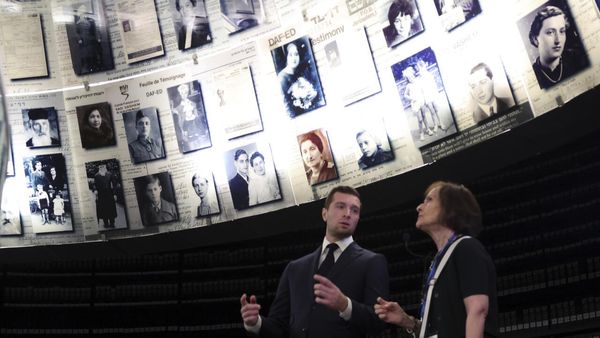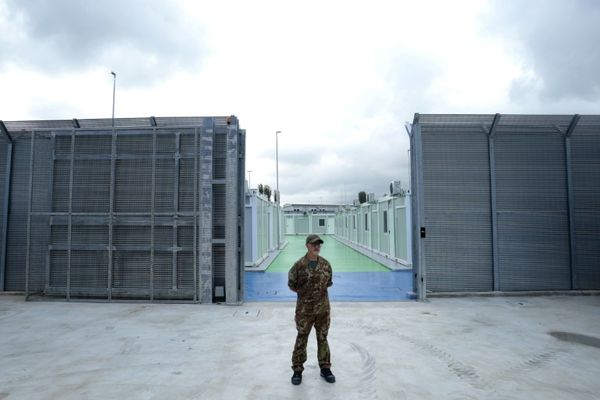Australia's Islamic community is participating in what it hopes will be one of the nation's largest religious blood drives for the Australian Red Cross's Lifeblood.
From 12pm on Friday, 25 mosques in Queensland, New South Wales, Australian Capital Territory, Victoria and South Australia are taking part in donations to increase reserves of rare blood types.
Mosques around Queensland have been mentioning the blood drive during prayer times to encourage their congregations to donate.
An Australian Red Cross Lifeblood spokesperson said there was a growing demand and need for people to donate blood as the demand for blood products increased.
"Australia needs around 30,000 donations each week to meet demand and more than 10,000 blood donations are needed every week to support cancer patients," the spokesperson said.
"The issue is while one in three people will need a blood or blood product donation in their lifetime, only one in 30 people donate.
"Diagnoses for cancer are also expected to increase by 22 per cent by 2031, and cancer patients will need more donors to support them over the next decade."
Islamic community gives back
Australian Islamic Medical Association Queensland vice-president Omar Shareef, who coordinated the blood-drive across the 10 participating mosques in Queensland, said the blood donations at the mosques would bring new donors into the Lifeblood pool.
"The congregations at the mosques have several different multicultural and ethnic communities and some people from these different backgrounds don't know what happens to the donations, and Lifeblood explains their purpose," he said.
"We are also practising our gratitude behaviours of giving back to the community, which is emphasised significantly in Islamic teaching."
Dr Shareef said blood donations were largely used to treat cancer patients as well as for people undergoing major surgeries, significant trauma, complications during childbirth, and organ transplants.
Advances in science increases treatment opportunities
The Australian Red Cross Lifeblood spokesperson said scientific advances were increasing the uses of blood donations, especially for plasma products.
"Around 10 years ago plasma was only able to make 13 products and now it makes 18, which can treat more than 50 serious medical conditions and that's why we call it liquid gold," the spokesperson said.
"The demand for plasma medications in Australia is soaring, with plasma products being prescribed to treat more conditions.
"If 1 per cent more of the population was to make just two or three plasma donations every year, we would be able to meet current demand."
People aged between 18-75 years who are healthy and feeling well may be eligible to donate blood or plasma.
To book a donation call 13 14 95, visit lifeblood.com.au or download the Donate Blood app.







